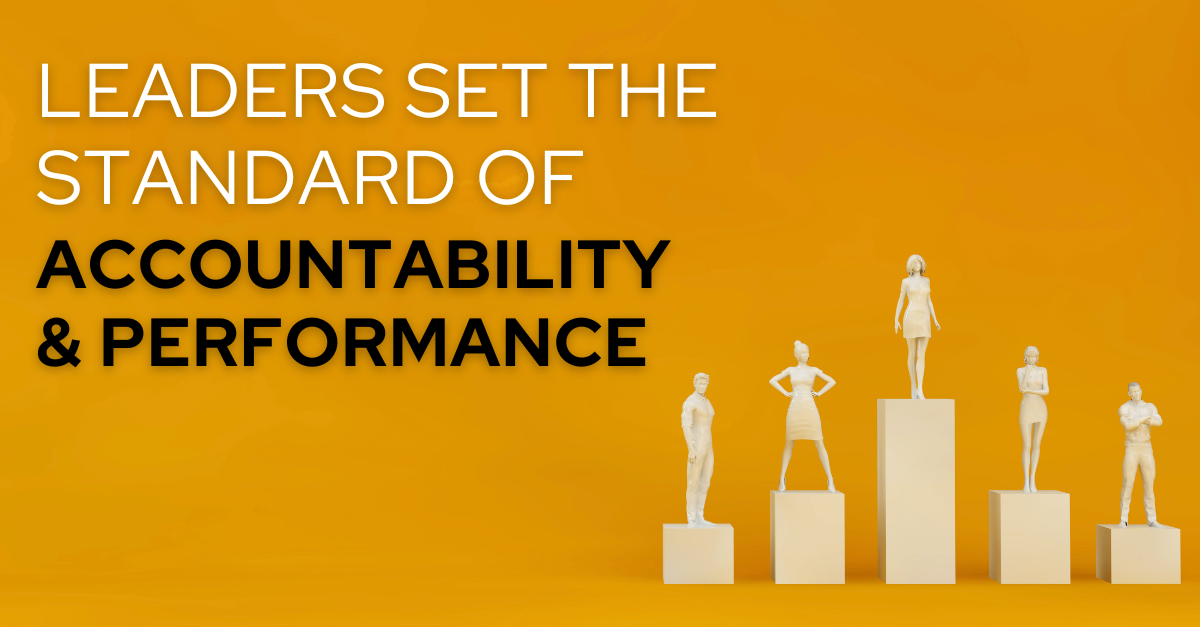Last week the CFO of Google wrote a touching resignation memo that made headlines. It wasn’t necessarily that he was resigning that caused a stir, but why he was resigning. At 52 years old, and after nearly 7 years at Google, Patrick decided to retire so that he and his wife “can grab our backpacks and hit the road.” His resignation memo talked about his struggle to achieve work/life balance throughout his career, alluding to the stress caused by being “always on – even when I was not supposed to be.” His retirement after “25- 30 years of nearly non-stop work” is his way of balancing the equation.
That’s great for him since he’s got millions in his bank account and will never have to work another day in his life. But what about the rest of us who aren’t so fortunate? Is the only way of achieving work/life balance really just to work non-stop until you can afford to retire? Can it be achieved some other way?
Let me tell you about two experiences that have led me to conclude that the struggle to achieve work/life balance is a false dilemma.
The 80-Hour Work-Week
I recently read a great article called The 80-Hour Work-Week posted by a LinkedIn acquaintance. He described how he kick-started his new career as a mortgage broker by working 80 hours a week for two-and-a-half years, and that he still continues to be occasionally accused of being a workaholic. On the surface, it doesn’t sound like he has any balance in his life. But I know that he still manages to get out a lot with his family and friends on outdoor adventures, and my sense is that he is a pretty happy guy.
How does he manage this? He has almost complete control over how he spends his time and how he uses his talents. When people have autonomy over their work and how they use their talents, the line between work and hobby gets blurry. People generally don’t struggle to balance work and life when they truly enjoy what they are doing.
My Story
The second experience with work/life balance that I want to share is my own story. I decided to get an MBA specializing in human resources after I fell in love with organizational behaviour (the study of leadership) during my undergrad years. When I began my career in HR I soon realized that the way most companies use HR has very little to do with implementing leadership best practices. I was working in areas that were related to my interests, but that didn’t allow me to take full advantage of my talents. I became disengaged and consequently felt like I had very little work/life balance. I felt like the expectation to work long hours was an intrusion into my life, and on evenings and weekends my mind was occupied by problems at work or filled with angst after reading an unpleasant email from my boss.
When I decided to start my own HR and leadership development consulting practice, I suddenly had the flexibility to work on what I felt would make the most difference in the world, and on projects that took full advantage of my talents. I now work more hours than I have ever worked in my life, and yet I somehow feel like I have great balance in my life.
How did I manage this? I have realized that work/life balance is not a zero sum game. Allocating more to one side of the equation does not necessarily take away from the other. The whole point of the ‘life’ side of the equation is to enjoy doing exactly what you want to do. Entrepreneurs are easily able to short circuit the zero sum work/life equation because they have the flexibility to work on whatever they want.
The Take-Aways
- I am convinced that the more you enjoy your work, the more balance you feel in life. Those who struggle with work/life balance tend not to really enjoy their work.
- You don’t have to wait until you retire to find work/life balance. You just need to find work that you love doing. If you need some help with that, check out this website: liveyourlegend.net.
- The reality is, the vast majority of people are not doing the work they want to, or are not using their talents to the fullest. They are often disengaged and feeling stuck in jobs with rigid job descriptions and uncreative bosses.
- Business leaders who want to retain their best people must take the time to organize the work around their people’s talents and give them the autonomy they need to maximize their talents. Organizations that are able to do this are the ones that are going to win the war for talent that is fast approaching.
______________________________________________________________________________________
If you need some help creating a work environment that maximizes the talents of those in your organization, check out this course description. Also, view this slide deck to learn how effective succession planning creates a more autonomous work environment.





